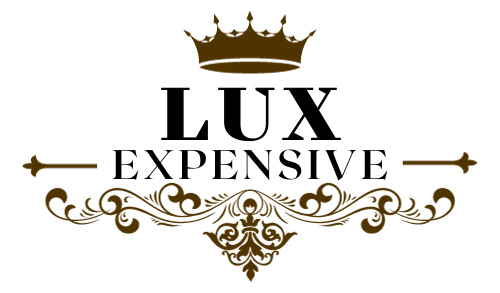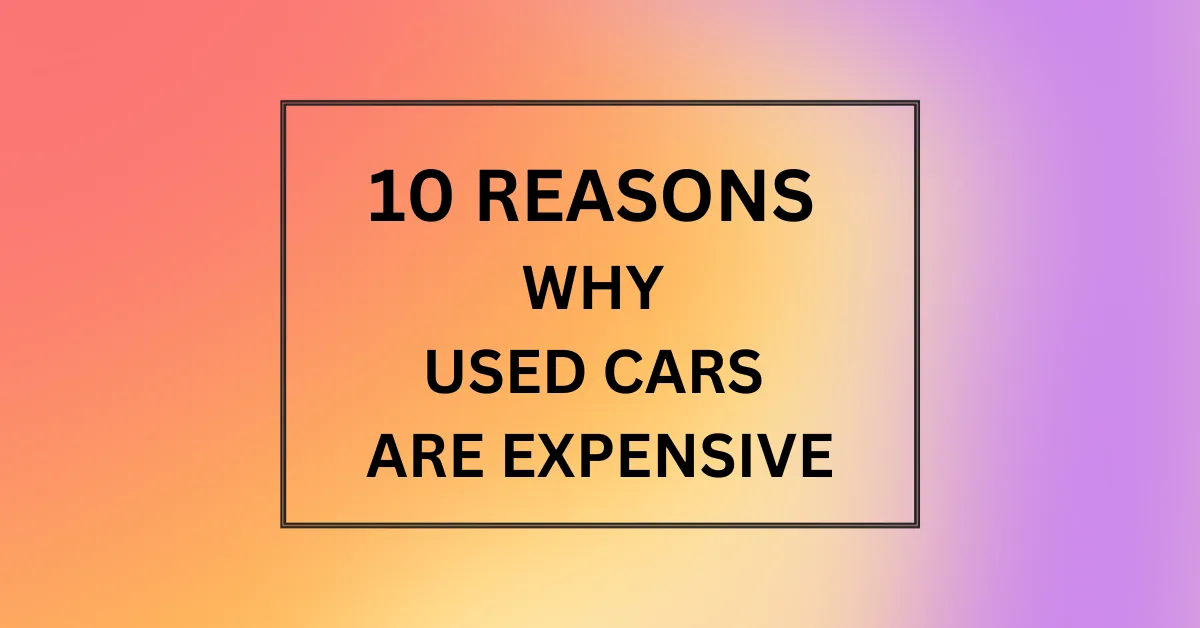Used cars more expensive than new are expensive because of low new car inventory, high used car demand from rental fleets and consumers, and broader vehicle pricing trends that lift used values.
Introduction Buying a car is a big decision that requires careful consideration of many factors, including cost. With the average price of a new vehicle now over $47,000, more and more car shoppers are turning to the used market to find a good deal. However, in recent years, used car prices have also shot up dramatically. This begs the question – why are used cars now more expensive than ever before?
Top 10 Reasons
1. Global Microchip Shortage
The ongoing microchip shortage that started during the pandemic has severely constrained new car production. With fewer new cars rolling off assembly lines, dealers have little inventory. This pushes more buyers to used car lots instead, driving up demand and prices for used vehicles.
2. Rental Car Companies Rebuilding Fleets
During the early days of the pandemic, rental car companies sold off much of their fleets just to stay afloat. Now business is booming again for the rental industry, and they’re buying up used inventory to rebuild their fleets. Their buying activity edges used car prices higher.
3. Lower Loan Interest Rates
In recent years loans for used cars have become much more affordable, thanks to lower interest rates. With cheaper financing readily available, buyers have been able to qualify for pricier used car purchases. This lets sellers ask more and still make sales.
4. Lack of Lease Returns
Typically lease returns make up a significant portion of higher-quality used car inventory. But fewer new cars were leased over the last couple years. Consequently, off-lease returns to the used market have been abnormally low. With scarce lease return inventory, dealers are fetching higher prices for the used cars they do have.
5. High Gas Prices Push Used Truck/SUV
Sales Sky-high gas prices have pushed more buyers towards used trucks and SUVs to lock in better fuel economy. Strong demand for used pickups and SUVs allows dealers to drive asking prices higher on these vehicles. They know buyers will willingly pay more for the long term gas savings.
6. Longer Loan Terms on Used Cars
Whereas most loans on new cars max out at 5 or 6 years, used car loans now frequently stretch as long as 8 years. By extending terms this long, dealers can raise monthly payments by hundreds per month while keeping them “affordable.” This lets them continually push sale prices higher.
7. Limited New Car Incentives/Discounts
With inventory so low, automakers have little incentive these days to offer cash back, 0% financing, and other buyer discounts on new vehicles. In the past, these new car incentives made their pricing advantage over used vehicles more significant. The lack of discounts now helps lift the relative value of used cars.
8. Pent-Up Demand from Earlier Covid Shutdowns
Early pandemic lockdowns put millions out of work and delayed a lot of big-ticket purchases like vehicles. As jobs have returned, there is tremendous pent-up demand from buyers returning to the car market all at once, intensifying competition for used cars.
9. Younger Buyers Priced Out of New Cars
Rising new car prices have forced more younger buyers to shift their sights to used vehicles. Greater participation by Millennial and Gen Z shoppers in the used market drives prices up across the board. Their budget limitations funnel more shoppers to compete for cheaper pre-owned models.
10. Overall Rise in Vehicle Prices
It’s not just used cars seeing price hikes lately – new vehicle transaction prices rose over 30% since 2019 to reach record highs. Used vehicles take their pricing cues from the new car market. As the tide rises for new cars, used vehicle values follow suit.
Are used cars Good?
Yes, used cars can be a smart purchase as long as you research options thoroughly to find a reliable model at a fair price with manageable mileage from the original owner.
Are used cars Worth The Price?
Used cars are worth the price as long as their condition and mileage aligns with market value, which you must research using pricing guides before purchasing.
Where To Buy used cars?
The best places to buy used cars are franchised dealerships, independent used lots, classified ads from owners, and online sites like Autotrader, Cars.com, Craigslist or Facebook Marketplace after vetting sellers.

